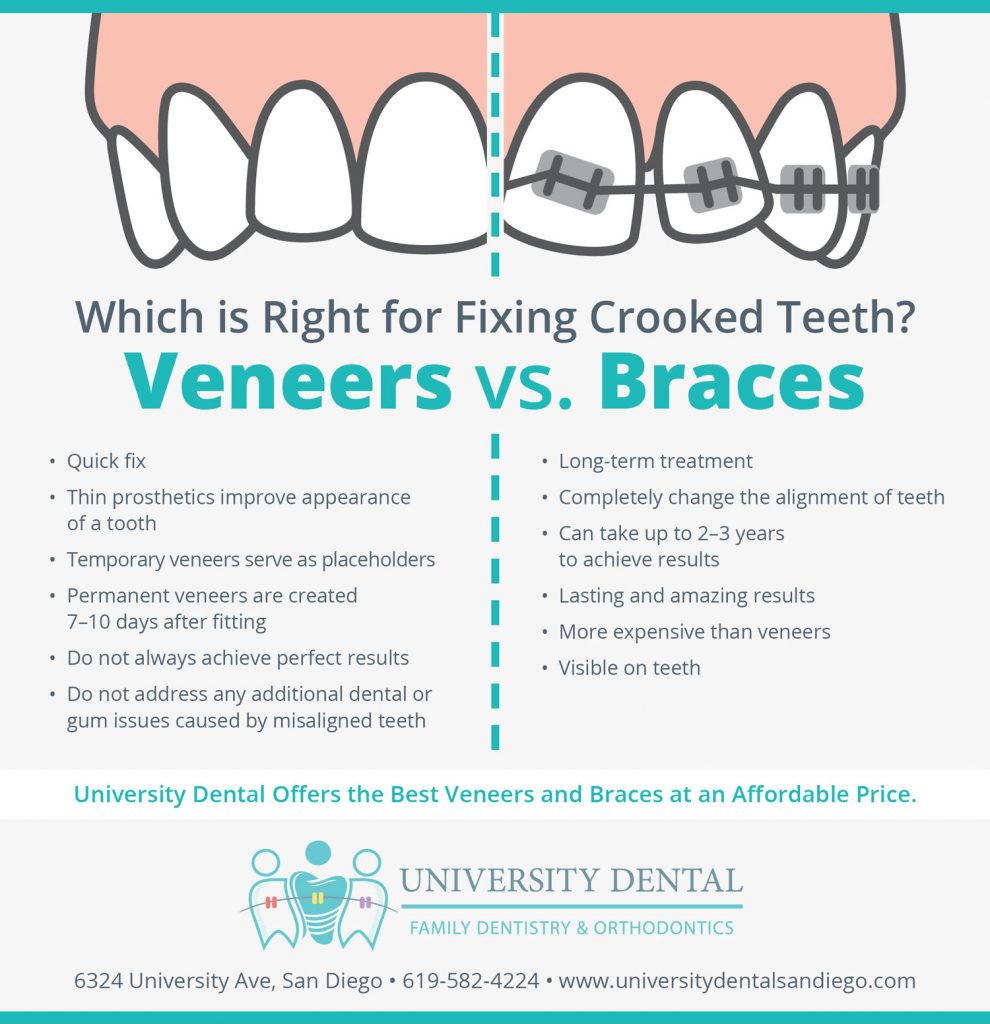Safe Teeth Whitening For Pregnancy

Pregnancy is a unique period in a woman’s life, marked by significant physical and hormonal changes. While expecting a baby, many women become more conscious about their appearance, including the brightness of their smile. However, pregnancy also comes with a plethora of precautions and restrictions to ensure the health and safety of both the mother and the unborn child. One common question that arises during this period is whether teeth whitening is safe during pregnancy.
Understanding the Concerns
The primary concern with teeth whitening during pregnancy revolves around the active ingredients used in whitening products, particularly hydrogen peroxide and carbamide peroxide. These chemicals penetrate the tooth enamel to break down stains, thereby achieving a whitening effect. However, there’s limited research on the effects of these substances on a developing fetus. Therefore, caution is advised.
Safe Alternatives and Considerations
Given the uncertainty, many dentists and healthcare providers recommend avoiding chemical teeth whitening treatments during pregnancy. Instead, they suggest focusing on good oral hygiene practices to maintain a healthy, clean smile. Here are some safe alternatives and considerations:
Regular Dental Cleanings: Continuing with regular dental check-ups and cleanings can help remove plaque and tartar, contributing to a brighter smile without exposing you to any potential risks.
Proper Brushing and Flossing: Maintaining impeccable oral hygiene through thorough brushing and flossing can prevent the buildup of stains on your teeth.
Mild Toothpaste: Using a mild toothpaste that is free from harsh chemicals can be beneficial. Some toothpastes are specifically designed for sensitive teeth or for use during pregnancy, offering a safer option for daily use.
Consult Your Dentist: Before considering any teeth whitening procedure, it’s crucial to consult with your dentist. They can assess your oral health and provide personalized advice based on your specific situation.
Natural Whitening Methods
For those looking for natural methods to whiten their teeth without chemical treatments, several options exist, though their effectiveness and safety should be discussed with a healthcare provider:
Baking Soda and Lemon Juice: A mixture of baking soda and lemon juice can act as a natural abrasive to remove surface stains. However, this method should be used sparingly to avoid enamel erosion.
Oil Pulling: This ancient practice involves swishing oil (coconut, sesame, or sunflower oil) in your mouth to remove bacteria and reduce stains. It’s essential to spit out the oil and not swallow it.
Activated Charcoal: Some studies suggest that activated charcoal can help whiten teeth by absorbing plaque and minor tooth stains. However, its use during pregnancy should be approached with caution and under professional guidance.
Post-Pregnancy Teeth Whitening
If you’re eager to undergo a teeth whitening treatment, consider postponing it until after pregnancy and breastfeeding. This approach eliminates any potential risk to your baby. After pregnancy, you can discuss the various teeth whitening options available with your dentist, including at-home whitening kits, in-office whitening treatments, or custom-made whitening trays.
Conclusion
While the desire for a brighter smile is understandable, prioritizing the health and safety of both the mother and the unborn child is paramount. By focusing on good oral hygiene, considering safe alternatives, and consulting with healthcare professionals, you can maintain a healthy and beautiful smile throughout your pregnancy. Remember, it’s always better to err on the side of caution when it comes to introducing any substances or treatments during such acritical period.
Is teeth whitening completely safe during pregnancy?
+The safety of teeth whitening during pregnancy is not fully established due to the lack of comprehensive research, particularly concerning the effects of hydrogen peroxide and carbamide peroxide on the fetus. Thus, it's recommended to avoid chemical teeth whitening treatments as a precautionary measure.
What are the safest methods for whitening teeth during pregnancy?
+The safest approach includes maintaining good oral hygiene through regular brushing, flossing, and dental cleanings. Natural methods like baking soda and lemon juice or oil pulling can be considered but consider discussing them with a healthcare provider first.
Can I use over-the-counter teeth whitening products while pregnant?
+It's generally advised to avoid over-the-counter teeth whitening products during pregnancy due to the potential risks associated with their active ingredients. Always consult with your dentist or healthcare provider before using any such products.
By prioritizing caution and consulting with professionals, you can ensure a healthy pregnancy while also taking care of your oral health and appearance. Remember, your health and the health of your baby are the top priorities, and any cosmetic treatments can be safely explored after pregnancy.
